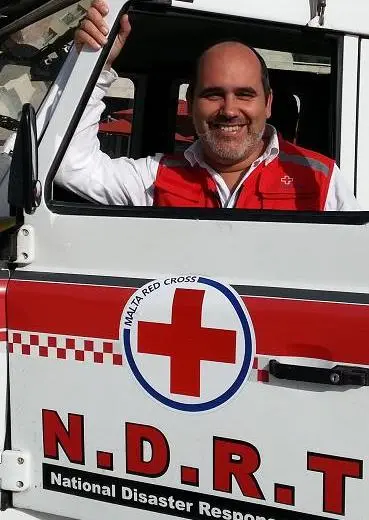
Very interesting this Sphere article, also based on a Lutheran World Relief’s report.
Yes, you definitely need an experienced team in an emergency if you want results in a complex situation, but an emergency is also the perfect place to learn about emergencies. And we all can learn, both novices and experts.
LWR proposes to schedule training sessions during the emergency, this will definitely be an investment of time that will bring good results, but in this post I want to talk about other ways of learning in the emergency, other than self-training or workshops.
Let’s talk about Coaching and Mentoring. Let’s talk about a kind of activities that can be undertaken, during the relief activities, whether in a planned way or spontaneously, between coordinator and the technical staff, in order to transmit the “how to do it”. In this process there may be “learning by doing”, traditional learning sessions, and “wise advice”. We will have to ask, listen, observe, reformulate, analyze and comment. Depending on leadership styles, It will be commonplace to see the coordinator explaining what to do, then leading the implementation, and closing conducting a debriefing about the process.
In that way we will support the staff to improve on their current position and we will help them in developing their careers. We will also get a good working environment and, above all, a better implementation of relief activities and therefore greater satisfaction of the affected people by the emergency.
The attached form was designed after an interagency rapid needs assessment to:
- Strengthen the capacity of the assessment team,
- emphasize the goals of a “rapid needs assessment”,
- assess the information available and the balance between internal and external sources, and
- assess what was learned during the process.
Regarding this last point, the team members were asked how the participation on the needs assessment had improved their professional skills and their abilities to lead, in future, needs assessments:
With respect to your profession, as a member of a technical needs assessment mission, chose the statements that you most identify with:
- I already had a very good ability to develop my professional field in a needs assessment missions; this has only been a review process for me.
- My ability to participate in needs assessments within my field of expertise has improved.
- I have acquired knowledge but not enough to lead my professional sector unassisted.
- I had little capacity to participate in a mission of this nature and I have not learned anything.
With regard to your ability to be the team leader of a needs assessment mission, chose the statements that you most identify with:
- I already had a very good ability to lead needs assessments; this has only been a review process for me.
- I feel I have gained knowledge to conduct a needs assessment on my own.
- I have acquired knowledge but not enough to lead on my own. I would need help.
- I he had no ability to lead a mission of this nature and I have not learned anything.
You can strengthen the team also during emergencies.
5 responses to “Training during emergencies?”
-
what is the course fee?
-
Which one?
Our courses are at https://kaluinstitute.org/
Thanks
-
-
i will like to get a more elaborate training on emergency.
-
I will like to get more training on emergency because the of the crises in my country a lot of killing and people living in the bushes in the north and south west of Cameroon.
-
I would like to get more knowledge on emergency WASH response to be the pillar for those community affected by drought , conflict and flood disasters in the Ethiopia and in the worldwide ..
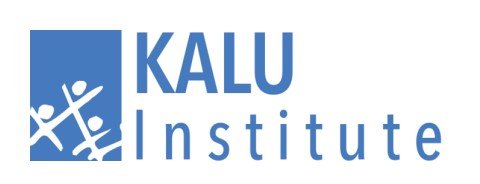
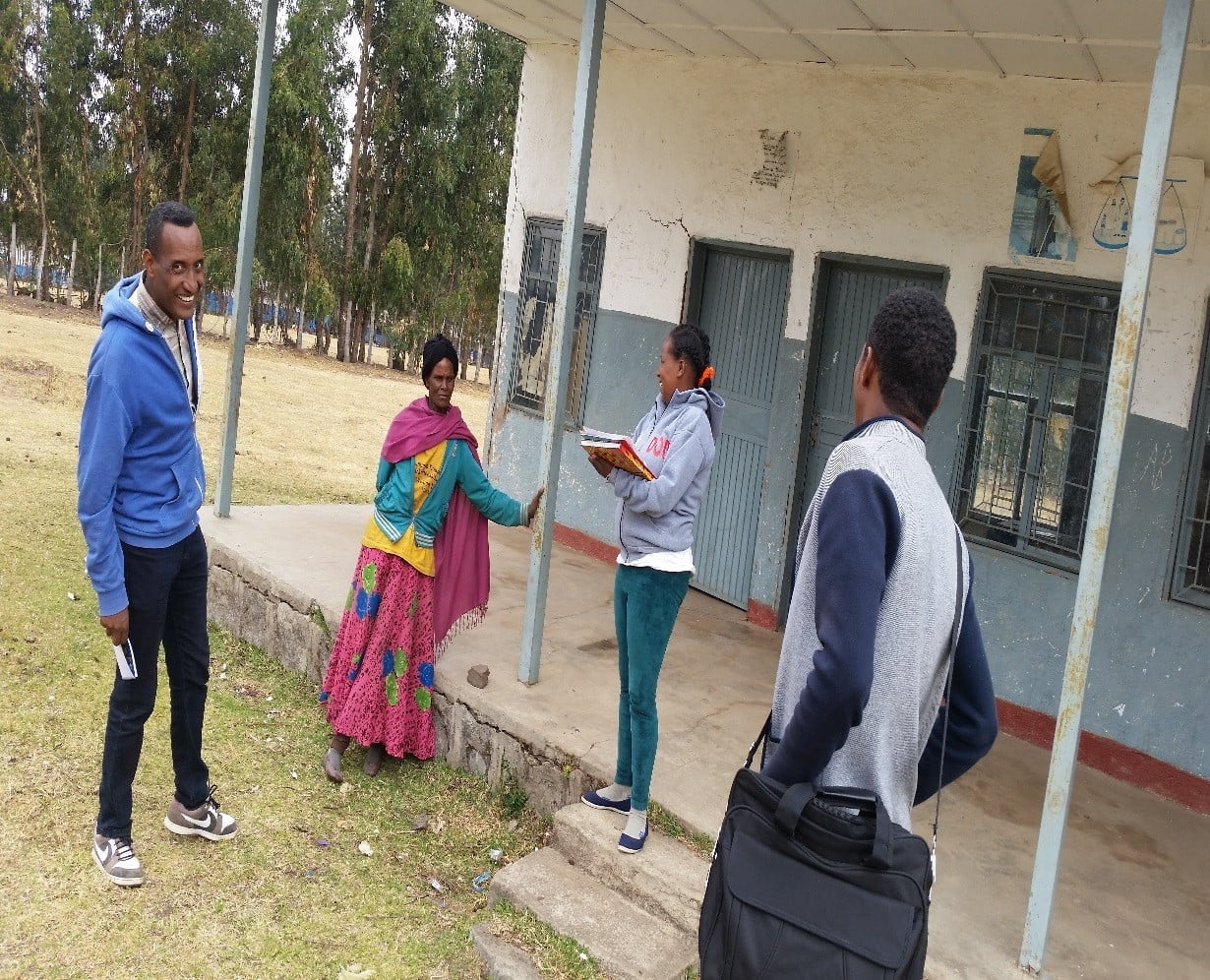

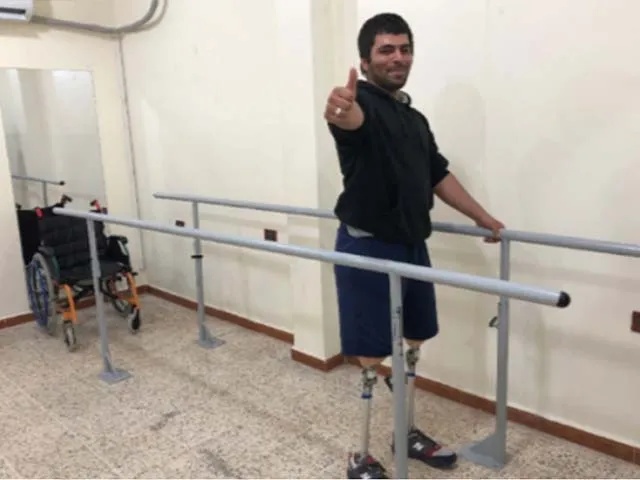
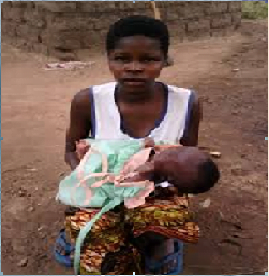
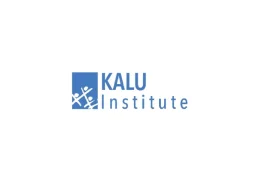
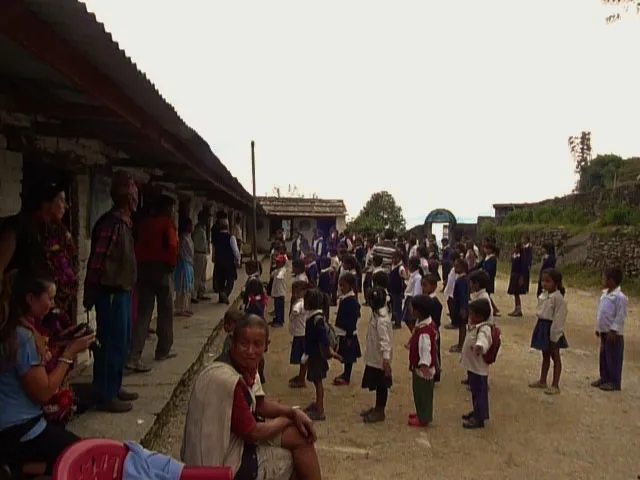
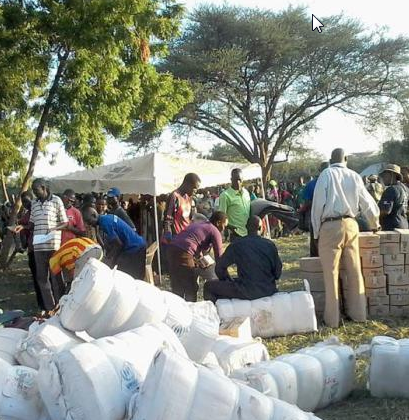
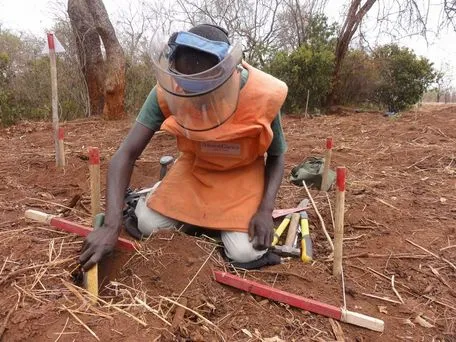
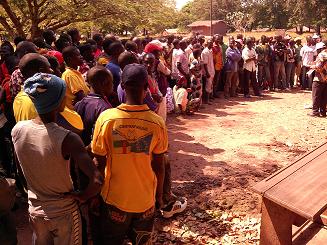
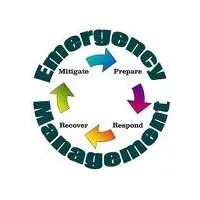



Leave a Reply